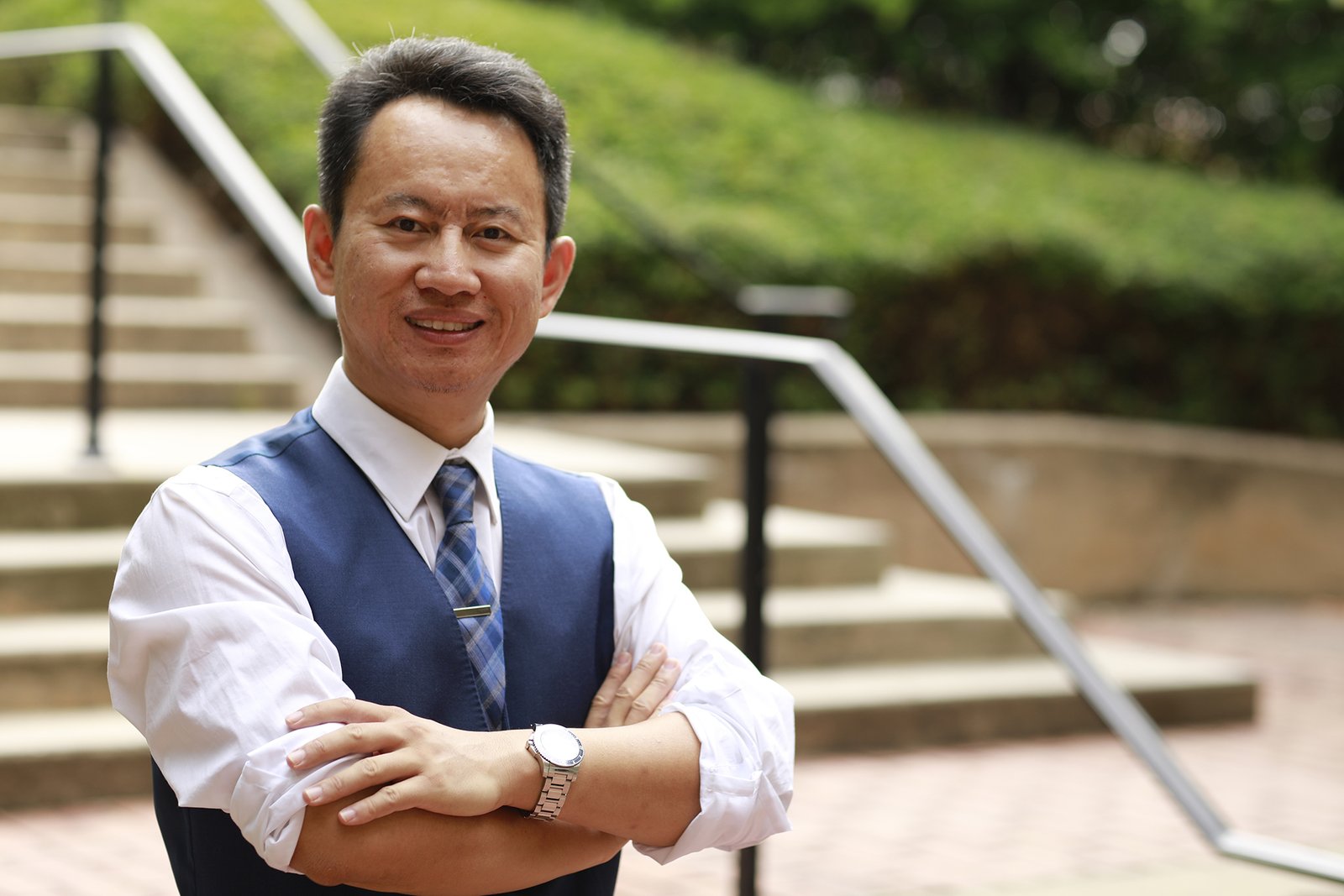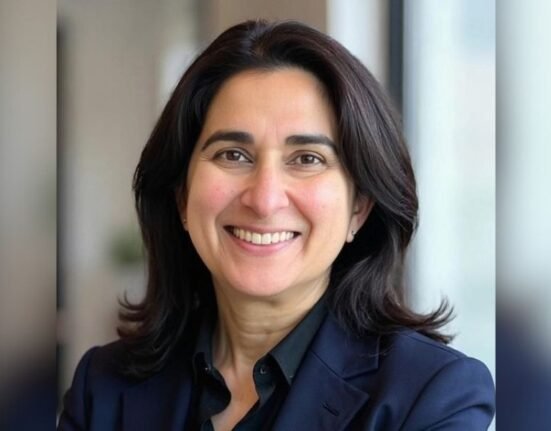The project will support GenAI in middle school science classrooms
The University of Georgia received a five-year, $10 million grant from the Institute of Education Sciences to establish a research and development center that will provide national leadership on best practices for using generative artificial intelligence (GenAI) in schools, strengthening competence in GenAI in middle school science classrooms.
In collaboration with Vanderbilt University, Educational Testing Service, and Albany State University, the National Center on Generative AI for Uplifting STEM+C Education (GENIUS Center) will facilitate the teaching and learning of science through development of GenAI learning agents to both improve competence in STEM subjects and demonstrate how to use GenAI tools responsibly.
Led by Xiaoming Zhai, an associate professor in the UGA Mary Frances Early College of Education, the GENIUS Center research team will conduct studies at middle schools in both urban and rural settings across five states to evaluate the current uses of AI in classrooms, as well as determine what features to incorporate into a GenAI learning agent. Findings will inform the development of a tool, called GenAgent, and conclude with a pilot test of GenAgent in middle school science classrooms.
Zhai, who also serves as director of the AI4STEM Education Center, said that middle school is a critical time for students to develop their career interests as well as an opportunity to engage students with novel and emerging technologies.
“I imagine that current middle school students, when they graduate from college, they will be working in an environment where AI will be everywhere,” Zhai said. “So, they should learn how to deal with AI and how to embrace AI in life.”
GenAgent will use audio, text and visual inputs to provide immediate feedback and support to students and teachers. The tool will be usable in a variety of situations, such as helping teachers with creating learning scenarios and students with learning how to analyze science data.
“We hope that students and teachers will take AI as a kind of accompaniment in the classroom settings, and this can really help kids to develop their science competence for their future career,” Zhai said.
Along with Zhai, UGA faculty involved in the project include Yizhu Gao, Lehong Shi and Ehsan Latif in the College of Education; Tianming Liu and Ninghao Liu in the School of Computing; and Xianqiao Wang in the College of Engineering.
“We are excited to serve as the lead site for this center,” said Denise Spangler, dean of the Mary Frances Early College of Education. “AI has the potential to personalize learning and assessment, provide actionable feedback to teachers, help students generate models, and more. This is a crucial time to be investigating how AI can support teaching and learning and how to engage students with AI safely.”







